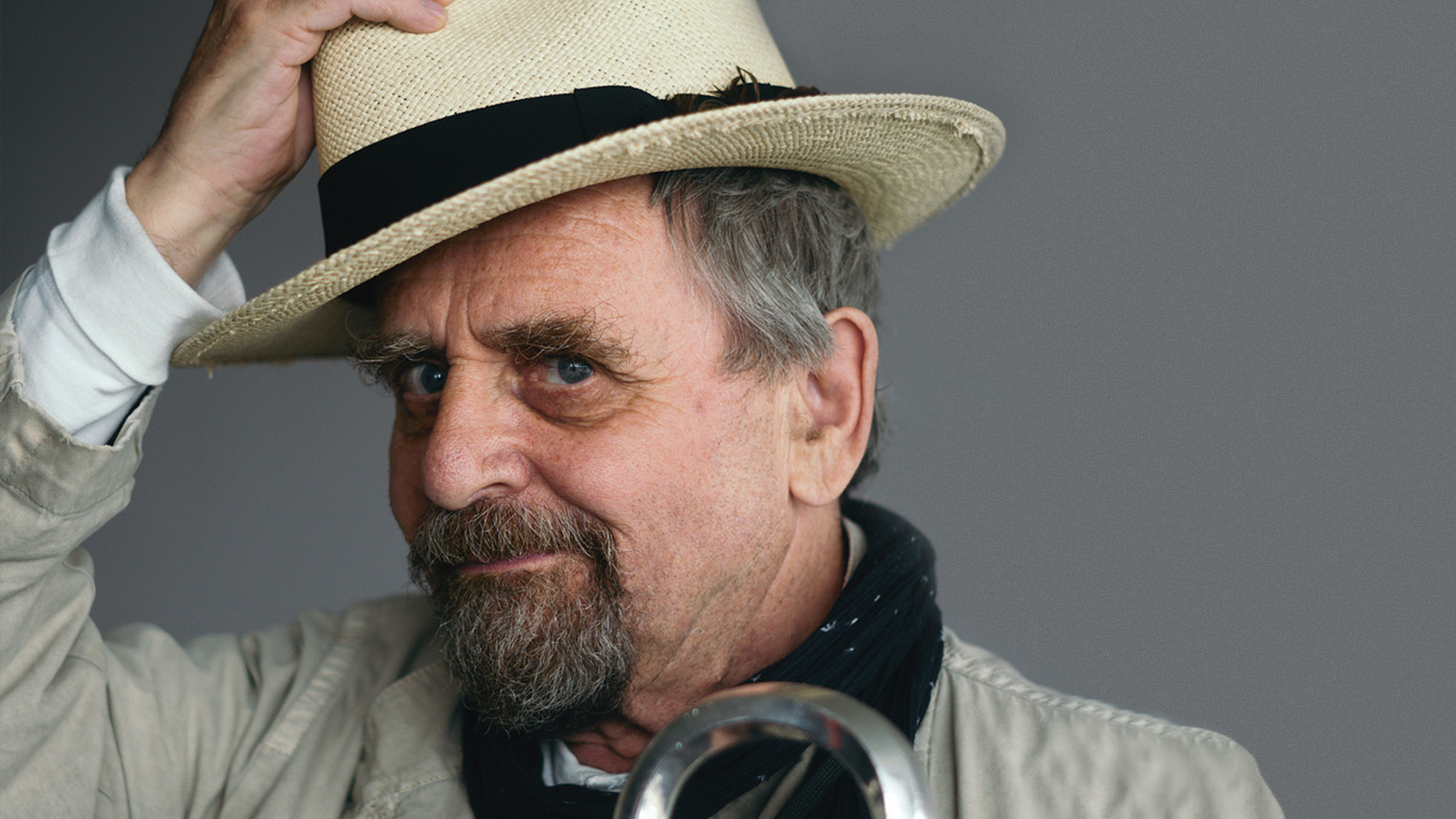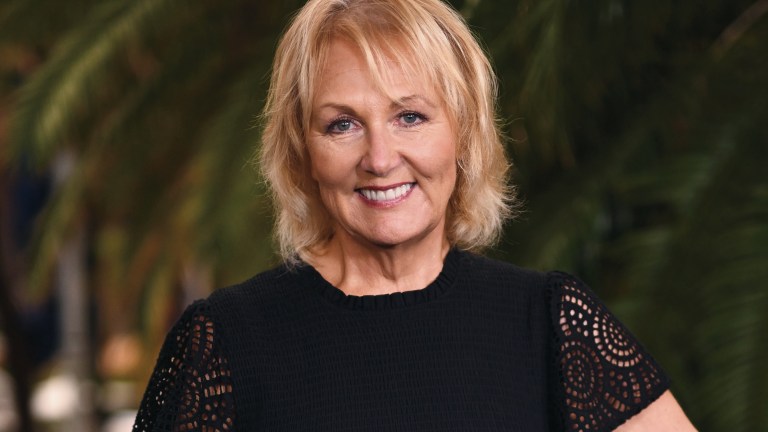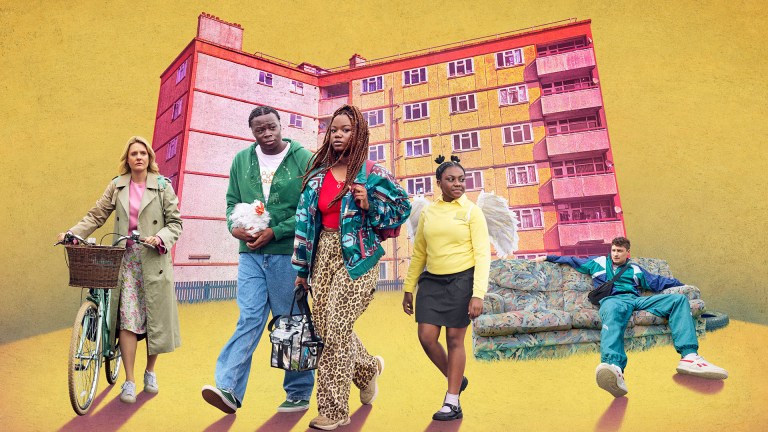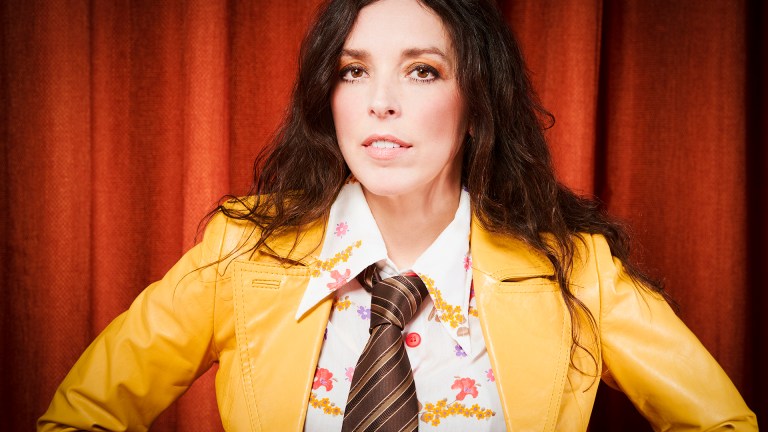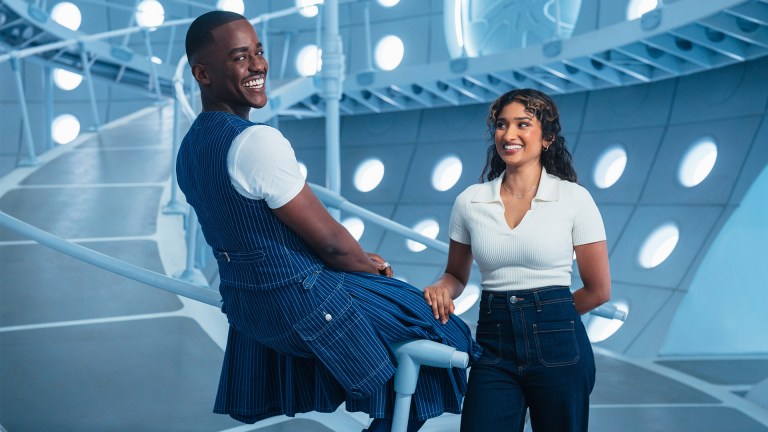When I was 16, I was boarding at Blair’s College seminary. It was like a borstal for Catholic boys, but I loved it. It was strict but not Dickensian. It wasn’t like a workhouse. We got up really early in the morning and we prayed, ate, learned and played. It was out in the country, beside Aberdeen. My own family life was a bit chaotic, so for me it was a stable thing.
My family lived in Dunoon [on the Cowal peninsula in the south of Argyll and Bute], which was a very safe place. I used to go climbing and cycling. But I never went swimming. I couldn’t swim. My dad was a submariner and he died in the [Second World] War, so I had a superstition about going under the water. I’m still the same.
I would tell my 16-year-old self: you won’t be the Pope, you’ll be a bohemian.
My mother became ill when I was eight and ended up in a lunatic asylum – that’s what they were called then. I was brought up by my aunties and granny. I called them the Battling Sheridans. They were always falling out with each other. They had great arguments, but they also loved each other with great passion. One night an auntie would say, “Oh, I’ll take the wee fella” after she’d had a drink. Then she’d wake up in the morning and say “What the bleep are you doing here?”
If you’re not an orphan, it is your expectation from your parents that you are loved and cared for. If you’re an orphan, you’ve got to work at it. You have to smile a bit more, you have to be a bit more friendly. I’d tell my younger self that it’s very good training to be an actor.
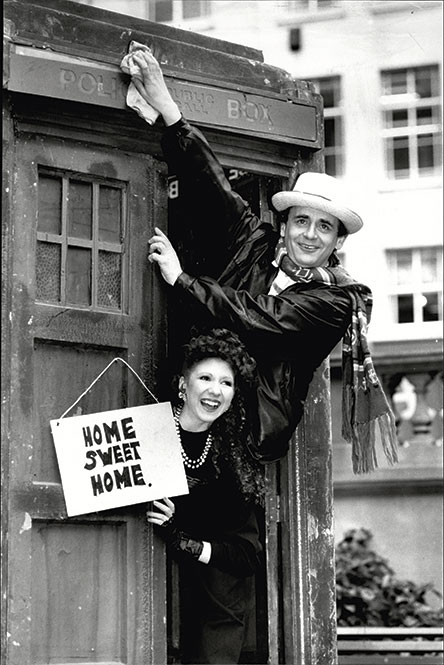
I think I volunteered to become a priest because I wanted to be on the stage, and they had great costumes. That was my religious calling, really. The Catholic Church wrecked my knees, so I couldn’t keep up Catholicism. I took up atheism instead – it’s not so hard on the knees. I started to turn away from Catholicism when I was 19 and I went to London. I saw, for the first time, real poverty and injustice. I started to question authority – and once you start questioning authority, you start to question what they tell you is the greatest authority. I found it all wanting.
While I was at Blair’s College, they took me to the opera. It was La bohème and I remember being very moved by it. I wept at the end. What I would tell my 16-year-old self would be that an element came off that stage and came all the way inside me. It was an idea that I didn’t realise I had received – and that was I wanted to become a bohemian. I didn’t realise that until I was 50. That shows you the power of theatre. I didn’t quite get to the Left Bank but I got to Belsize Park, and that was the English Left Bank. I hung out with painters and poets and prostitutes. So, I would tell my 16-year-old self: you won’t be the Pope, you’ll be a bohemian.
